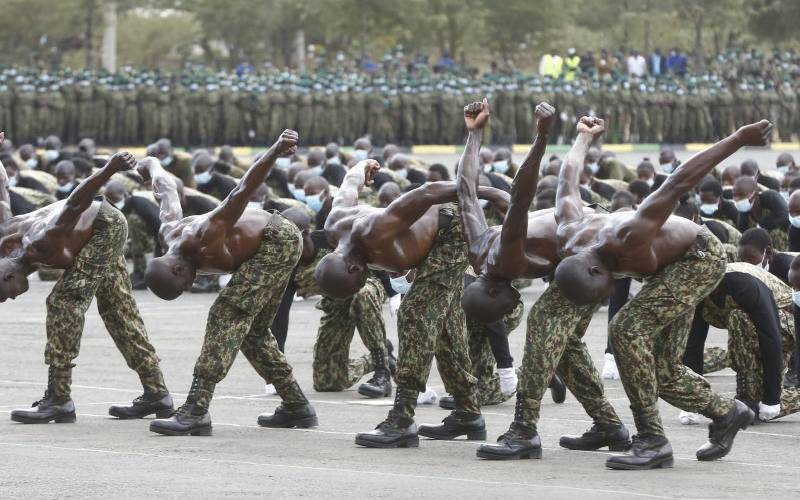
Youthfulness is a positive attribute. But the positivity feeds on virtues. But many young people choose the school of vice. With a heavy vice feed, what was essentially good becomes stunted. A youthful population in a country is not good by itself but is as good as what the systems feed them with.
Solomon’s son - a young heir - had a great opportunity to rewrite history. The people gathered together and told them “the Israel they want” by appealing to him, “Your father put a heavy yoke on us, but now lighten the harsh labor and the heavy yoke he put on us, and we will serve you.” In young Rehoboam people saw hope. To them the end of an oppressive era had come. They perceived him as new as one to put the painful past behind them. His youth represented a person philosophically distant from his father. They knocked on the youth door to open a chapter of freedom.